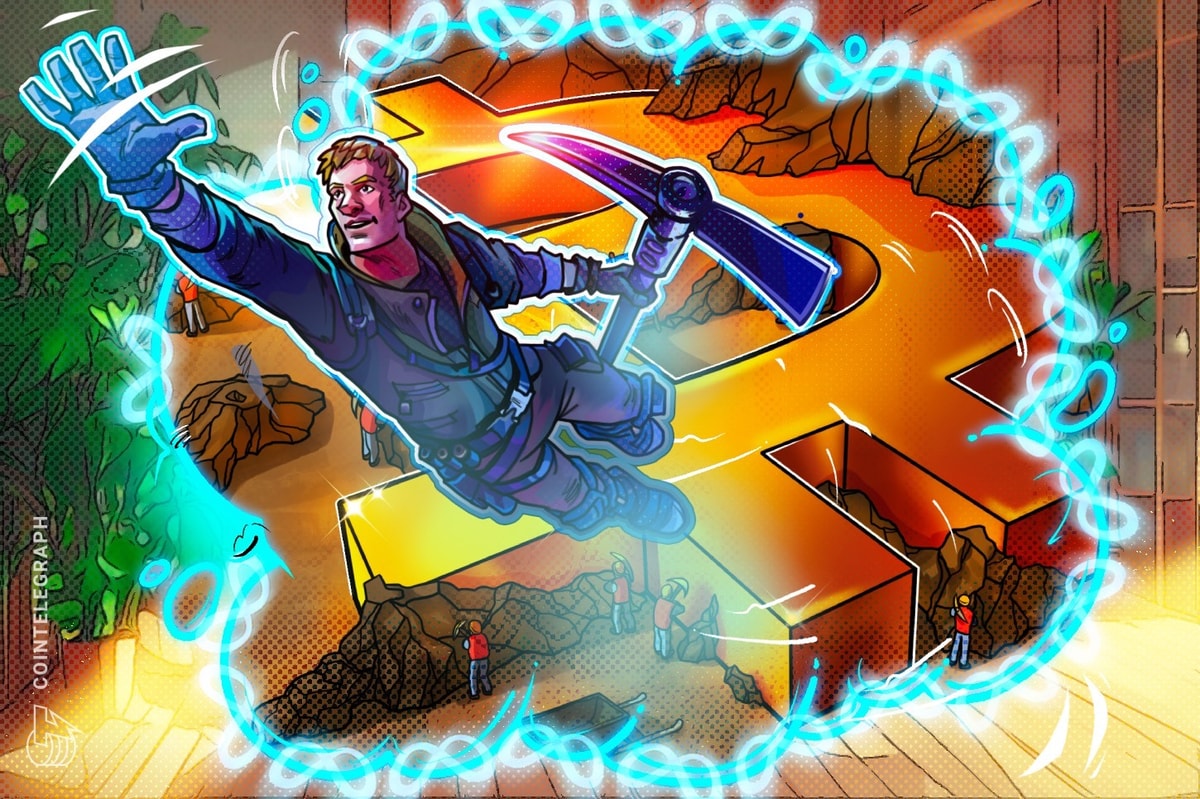Businesses that are involved in virtual currencies have 45 days to comply with NY's BitLicense; Jeff Garzik's space firm releases preliminary design for Bitcoin satellite; CIBC is investigating blockchain technology and more top stories for June 24.
Digital Currency Businesses Have 45 Days to Comply with NY BitLicense
New York State's BitLicense will be effective starting from June 24, 2015. Persons that are already engaged in "virtual currency" business activity must "apply for a license with the Department within 45 days of the effective date of regulation," according to an official release.
The controversial regulatory framework has led many cryptocurrency entrepreneurs to flee the State, notably ShapeShift, which announced it had terminated its services in New York on June 11, followed by BTC Guild and Eobot, two bitcoin mining pools that said they will be denying their services to New York IP addresses.
Canadian Bank CIBC is Studying Blockchain Tech
The chief executive of Canadian Imperial Bank of Commerce (CIBC) said that the bank is studying the blockchain technology, as traditional lenders face disruption from new entrants in the financial services space, reported the Chronicle Herald.
Victor Dodig said he doesn’t think banks are threatened by emerging financial technology firms, and said that partnering with new tech startups is vital for banks looking to innovate.

No Prescription Pharmacy Embraces Cryptos
Yesterday, a spokesperson for World Toronto Drug Store, started a new thread on BitcoinTalk forum to seek feedback from the community on their plans to start accepting cryptocurrencies as a payment method.
"Currently, we are considering adding BTC as payment solution but we have to check markets response to that. [...] If you are interested to get drugs in future using BTC please order things in our shop using the coupon. This is to show our managers popularity of cryptocurrency oriented community in our products."
Jeff Garzik's Space Company Releases Preliminary Design for Bitcoin Satellite
Jeff Garzik’s Dunvegan Space Systems, has released the preliminary design review of BitSat Demonstration Mission, a project that seeks to place blockchain distribution nodes in orbit.
The review, which was conducted by Deep Space Industries, results from a contract signed in March by Jeff Garzik, Bitcoin pioneer and CEO of Dunvegan Space Systems, and Deep Space Industries, that commissions the latter to build a "24 BitSat satellite constellation as the first element of a new strategic alliance between the two firms," according to a release.
An excerpt of the review:
"The BitSat B1 satellites were initially intended to be partial blockchain distribution delays, but with the capacity to hold the entire blockchain on orbit as designed, they will act as fully participating nodes in the bitcoin distribution network. Each BitSat satellite will receive updated blocks and block headers from the uplink station on an S-band uplink and will downlink a 'transmission buffer' information package back to the receiver module."
Blockstream Creates ‘Confidential Transactions’ to Boost Bitcoin Security
Using the latest cryptography, Blockstream has created Confidential Transactions designed to improve Bitcoin’s user security by keeping the amounts sent visible only to participants in the transaction, or other specified parties.
"With Confidential Transactions (CT), the transaction amounts become privatized without compromising the ability to work within the public Bitcoin protocol. Verification of the amounts can still be done.
Additively homomorphic commitments is a technique within cryptography that makes this possible. CT allows the transfer of private 'memo' data (like refund addresses) without raising the size of the transaction and doing so by reclaiming most of the overhead of the CT cryptographic proofing."

FBI Reports US$18 Million Loss in Bitcoin Ransomware
The US Federal Bureau of Investigation (FBI) has received reports of more than US$18 million in losses in the past year from the spread of the bitcoin ransomware Cryptowall and its related variants, reported CoinDesk.
According to the notice:
"The financial impact to victims goes beyond the ransom fee itself, which is typically between $200 and $10,000. Many victims incur additional costs associated with network mitigation, network countermeasures, loss of productivity, legal fees, IT services and/or the purchase of credit monitoring services for employees or customers. Between April 2014 and June 2015, the IC3 received 992 CryptoWall-related complaints, with victims reporting losses totaling over $18 million."
Bitcoin Use Largely Limited to Europe and North America
According to CoinMap, an online service that collects data on merchant adoption, businesses that accept bitcoin as a payment method are almost exclusively located in Western Europe and Eastern United States, suggesting that there is still a long way to go before we reach global adoption.
Tango Card Teams up with Snapcard to Bring Bitcoin to Loyalty Reward Programs
Tango Card, one the largest rewards-as-a-service platforms, has announced a partnership with Snapcard to provide bitcoin as a reward to hundreds of its rewards partners.
The bitcoin as a reward is done through an integration with Snapcard's MassPay API, a cross-border payout solution built on top of the blockchain, freshly released yesterday.
Snapcard CEO Michael Dunworth, said in a release:
"It's really exciting leveraging the blockchain to increase efficiencies in areas that need it and as such we are thrilled to make bitcoin available through the Tango Card rewards API. Tango Card was able to use our new MassPay API to allow their users to receive Bitcoin Rewards at an e-mail address, phone number, or a bitcoin address, all without taking on any of the currency risk. We saw the opportunity for MassPay when we noticed partners being unable to payout customers efficiently."
LastPass Hacked
Password manager service LastPass announced last week that they experienced a data breach that exposed users' email addresses, encrypted passwords and cleartext password reminder hints.
The company said in a blog announcement:
"An attacker could try to guess your master password, then use your per-user-salt and authentication hash to determine if their guess was correct. […] If your master password is weak or if your password reminder makes it easy-to-guess, then the attacker could significantly reduce the number of attempts needed to guess it correctly."
This brings out the debate over the necessity of usernames and passwords in achieving secure client-server relationships online.












